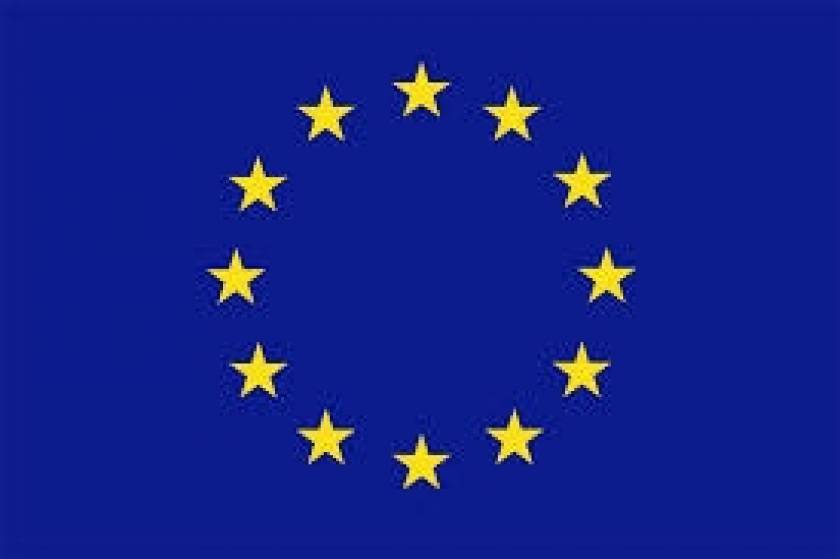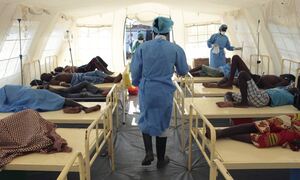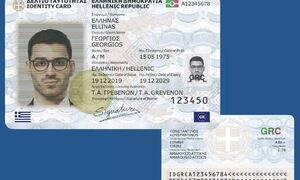European Commission: Greeks became poorer

Despite Greeks working the longest hours in Europe, poverty in the country became more acute in 2013, according to the European Commission's quarterly review on Employment and Social Situation made public here on Monday.
In addition, further reforms of the tax and benefit systems in 2012-13 reduced incomes in all or most households in Greece and Portugal.
The at-risk-of-poverty rate recorded the biggest rise in Greece in 2011-13. In 2013 poverty concerned 23.7 pct of the population, increased 1.8 pct compared with 2011, followed by Romania, with a 1.1 pct increase and poverty at 21.2 pct, Latvia with a 0.9 pct increase and poverty at 21.4 pct and Spain with a 0.7 pct increase and poverty 20.9 pct according to ANA-MPA
In 2008-13, the real Gross Disposable Household Income (GDHI) declined 14.8 pct in Greece, the second highest percentage in the EU after Ireland (-16 pct). The main reason for the decline was tax increases, pension reductions and the limited impact of social protection expenditure.
According to the European Commission review, the rate of growth of nominal unit labour costs in 2013 recorded the biggest decline in Cyprus (-5.4 pct) and Greece (-4.7 pct), while the Greeks work more hours a week (43.7 hours/week) compared with the rest of the Europeans. The Polish come second with 42.5 hours, followed by Cypriots 42.4 hours, Portuguese 42.2 hours and Austrians 42.15 hours. The fewest hours are worked by the Finns (39.7), Hungarians (39.8) and the French (40).
In January 2014, a total of 3.1 million young people, aged 15-24, were hit by unemployment in the EU.













